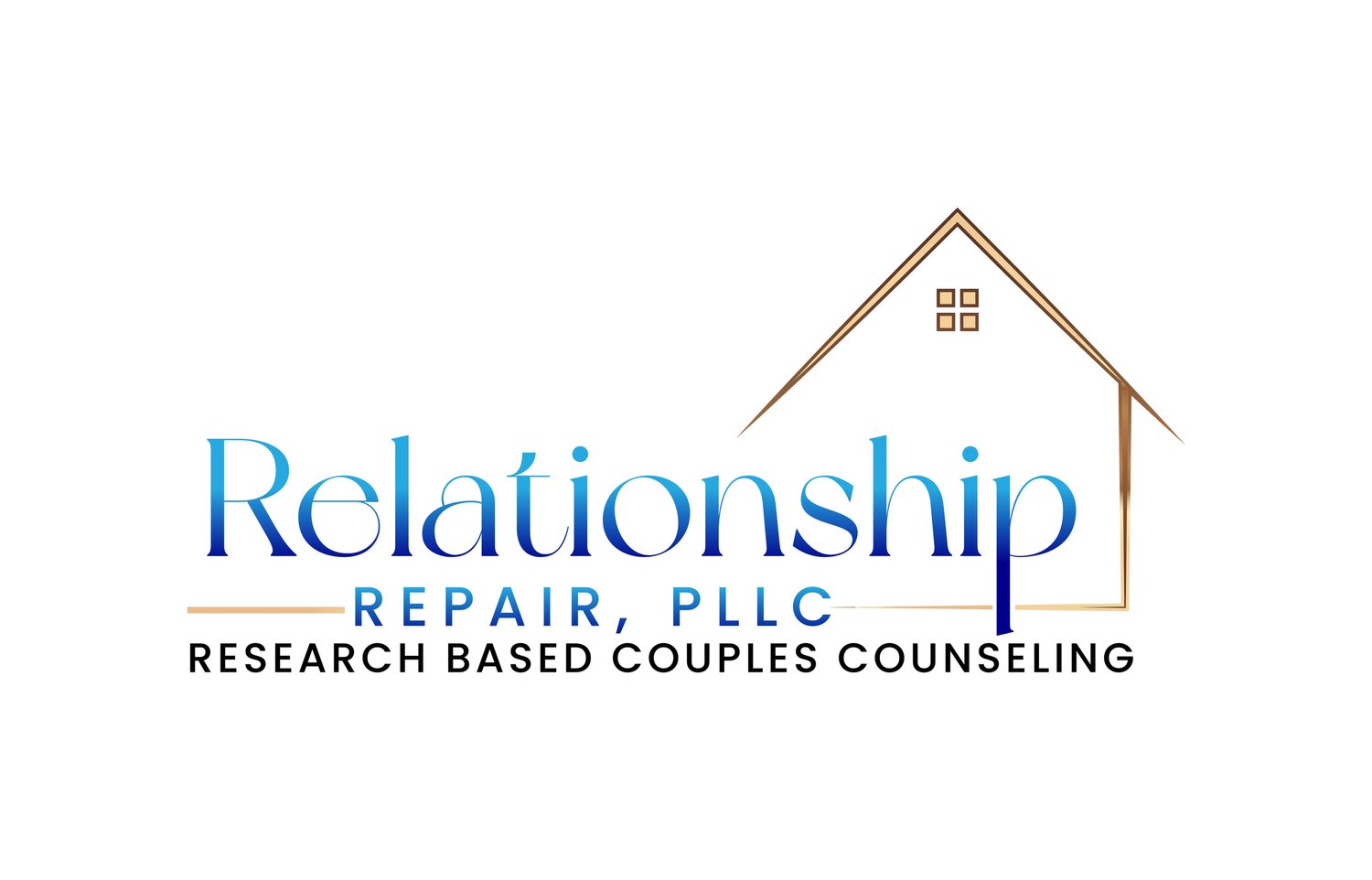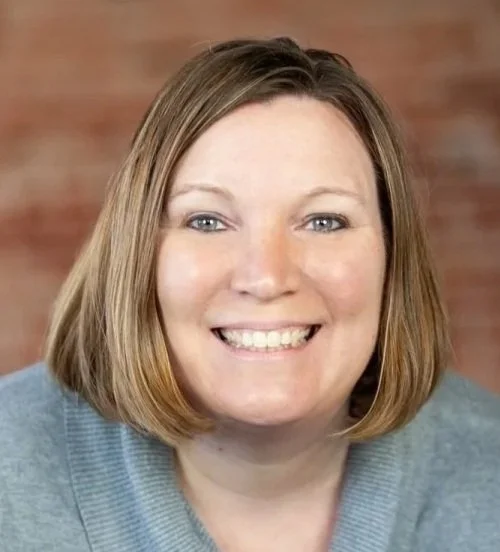Meet Elizabeth Reed
LCSW, LISW
Relationship Specialist and Practice Owner
Telehealth appointments throughout North Carolina, Ohio, Virginia, and West Virginia
Hi, I’m Elizabeth.
I’m a dog lover and a serious coffee enthusiast (none of that burnt-bean Starbucks stuff — I mean real coffee). I love to travel, explore new adventures (as long as they don’t involve hiking), and I’m not afraid to be a little bougie. I’ve been married for 21 years, so I know firsthand the ups, downs, and everything in between that comes with long-term partnerships — and I bring that lived experience into my work with couples.
Why I Love This Work
What I love most about working with my clients is witnessing their growth as they navigate life’s challenges—not easily, but with intention and awareness. I deeply value those moments when understanding shifts from “what I meant” to “how it landed,” because that’s where real change begins.
Getting to walk alongside people as they make their lives better is an incredible privilege.
What to Expect in a Session
I keep it real in the therapy room. Sometimes that means a little colorful language (but only if you’re cool with it, and I’ll always check in first). I’m not afraid to call it like it is or acknowledge when something is just plain messed up — but more importantly, I’ll help you navigate the feelings that come with it.
I don’t sugarcoat, and I won’t dance around the truth, but I always bring compassion and empathy into the process. When I work with couples, I’m not here to take sides, declare a winner, or decide who’s “right.” That’s not my job.
My job is to help you both turn toward each other — to really listen, validate, and understand the impact your words and actions have within your cycle together. Because that’s where connection and change actually happen.
My Approach to Therapy
I believe therapy isn’t about “fixing” people — it’s about understanding ourselves more deeply so we can move through life with a little more clarity and compassion. Healing doesn’t happen in a straight line; it’s often messy, uncomfortable, and full of small moments that add up over time. I see therapy as a collaborative process — one built on honesty, curiosity, and the courage to sit with what’s hard. Change doesn’t come from trying to be someone else, but from learning to be more fully ourselves.
I work best with people who are ready to do the work because they want a better life and stronger relationships — and who are ready to invest in themselves and their growth. Many of my clients have already been through some painful or disappointing experiences in couples therapy and are looking for something that actually helps them feel seen, understood, and connected again.
I offer a supportive and affirming space for LGBTQIA+, Poly, and Kink communities, and I’m deeply comfortable working with sexual matters and the complex dynamics that can come with them. As an ADHD’er myself living in a neurodivergent home, I understand firsthand the challenges and strengths that come with ADHD and ASD — and I use that insight to create therapy that actually fits your brain, not fights against it. If you’re ready for therapy that’s real, collaborative, and focused on lasting change — you’re in the right place.
If you’re thinking about therapy but feeling hesitant, I get it.
Starting therapy — especially as a couple — is a big decision. It asks a lot of you: emotionally, financially, and from an attachment lens, it means both partners have to be ready to show up. And honestly, sometimes one person isn’t there yet — and that’s okay. It’s better to acknowledge that than to drag someone into the process half-heartedly.
Therapy is an investment — in time, money, and vulnerability. And yes, it can feel like a lot. But there’s also a real cost to not doing the work: staying stuck in patterns that hurt, repeating the same fights, carrying loneliness or resentment that never really gets resolved.
You deserve better than that. When it comes to finding a therapist, cheaper isn’t always better. My training and experience are what allow me to hold space for the really hard stuff — to catch the subtle patterns underneath the arguments and guide you both toward connection, not just communication. Therapy should feel like a safe, challenging, and ultimately hopeful place to land — and if you’re not sure you’re ready yet, that’s something we can talk about too.
My Journey to Becoming a Therapist
I grew up in rural Appalachia, in a Gen-X era where asking for help usually meant you were being punished or had done something wrong. Therapy wasn’t something people talked about — and if they did, it came with shame attached. I watched queer folks being mistreated, and marginalized people pushed even further to the edges. From early on, I knew that wasn’t okay. I’ve always carried a strong sense of fairness and social justice, and that eventually led me to study psychology — and later social work — as a way to do something meaningful about it.
Along the way, I also came to understand myself better. Like so many women and AFAB people, I fell through the cracks when it came to ADHD. I wasn’t the “hyperactive boy bouncing off the walls” stereotype, so no one noticed. I was the bright, daydreamy, anxious kid who worked twice as hard to hold it all together — and didn’t get a name for it until adulthood. When I finally received my ADHD and anxiety diagnoses, so much clicked into place. It changed how I saw myself and how I approached life — with more understanding, compassion, and curiosity instead of criticism.
Now, I bring all of that — the lived experience, the empathy, the social justice lens — into my work. I know what it’s like to feel misunderstood, to be told you’re “too much” or “not enough,” or to try to fit into systems that were never built with you in mind. My passion is helping others find the relief, connection, and self-acceptance that I once needed too.
My Training & Experience
I’m trained in a variety of approaches that guide my work with couples and individuals. Each of these trainings equips me to help couples navigate conflict, deepen connection, and create a partnership that feels safer, more attuned, and more fulfilling.
-
I’m Gottman-informed (Level 2), which means I use research-backed tools from the Gottman method without labeling myself a “Gottman therapist.”
-
I’ve completed extensive EFT (Emotionally Focused Therapy) training, including an externship, Core Skills, working with high-conflict couples, and specialty trainings like EFT and Sex as a Safe Adventure, EFT and Sex with the Cycle, and Success in Vulnerability Team Training.
-
Most recently, I completed a Sexual Health Alliance study abroad program in Iceland, further deepening my understanding of sexual health and intimacy in relationships.
-
I’m also trained to work with individuals and couples struggling with sexual behaviors that feel out of control. Rather than focusing on “sex addiction (as some may call it),” we explore the personal triggers and patterns that make the behavior problematic for you and/or your partner — not just what society deems “wrong.”
Undergraduate Education: West Liberty State College, West Liberty, WV, 1996
Graduate Education: Master of Social Work, West Virginia University, 2000
Clinical Experience: Worked in residential, outpatient, and IOP settings
Supervision Experience: Clinical supervisor since 2005
Private Practice: In private practice since 2014



